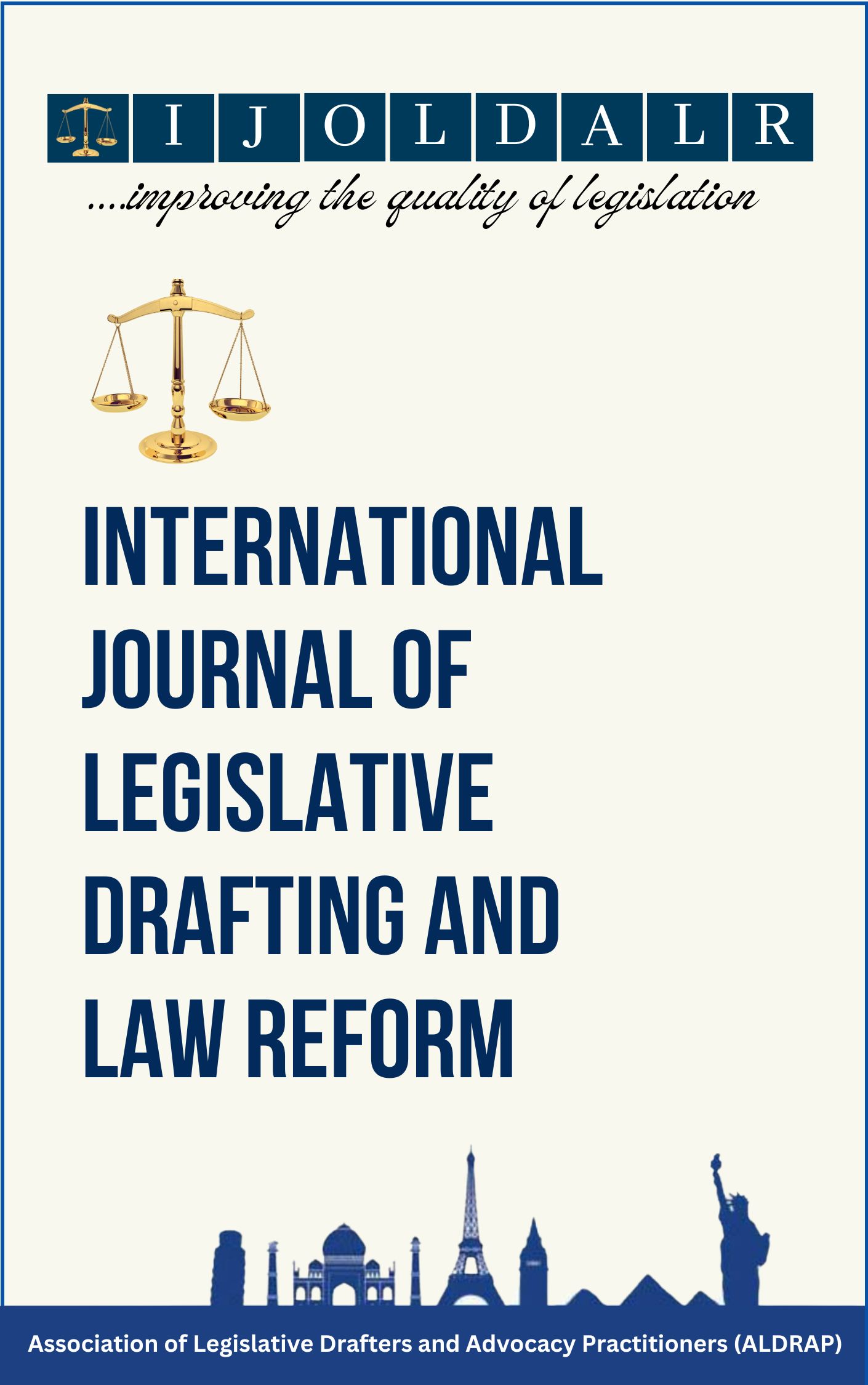Abstract
There is always a common connection between Islam, on the one hand, and authoritarianism and totalitarianism on the other. This connection is drawn from the Islamic countries’ governments, and the application of their regime. More than 63 countries around the globe identify as Islamic. Each of these countries has its own understanding of Islamic governance. They base their governmental practices on their understanding of modern and Islamic laws. These countries struggle to find the best form of government that follows either authoritarian or totalitarian regimes.
Some contemporary Islamic governments lack the Quran and Sunnah understanding of public participation and enumerated executive powers. The current Muslim regimes are either authoritarian or totalitarian. These systems lack not only any form of transparent public participation in good government, but also any form of enumerated powers, like Turkey. Election fraud takes place in many Islamic countries, like Egypt. They use fraudulence to impose a certain pathway upon the people. Additionally, the unlimited and undisputed authority of the rulers in many Islamic countries, like Saudi Arabia and Morocco, are non-Islamic. Thus, even though these countries practice Islam, their political regimes do not.
As a rule, Islam is neutral in relation to people’s daily practices. It neither applauds nor condemns any set of rules, or regimes. However, it takes a firmer stand regarding the administration of the government. Islam is against exclusion from the decision-making process. The pervasiveness of the non-democratic regimes across the Islamic world raises the question of Islam’s position from the point of view of Islam itself. Many authoritarian or totalitarian Islamic regimes are keen to apply Islamic Sharia as their main source of legislation. They turn a blind eye to the core notions of the Islamic principle of good government, either the Shura principle (public participation principle), or enumerated authorities to the government.
This research gives four examples of countries with a Muslim majority. It shows that even though these countries share the same religion(some even share a language and culture as well), they apply different practices. These practices are not based on the Prophet’s tradition. These regimes, however, share a common aspect, namely that they follow either totalitarian or authoritarian regimes. The countries are Turkey, Saudi Arabia, Egypt, and Morocco. Each one of these countries is home to its own application of authoritarian or totalitarian governments, but still shares the Islamic nature of the state.



 National Library of Nigeria
National Library of Nigeria.jpg) Association of Nigerian Authors
Association of Nigerian Authors Nigerian Library Association
Nigerian Library Association EagleScan
EagleScan Crossref
Crossref